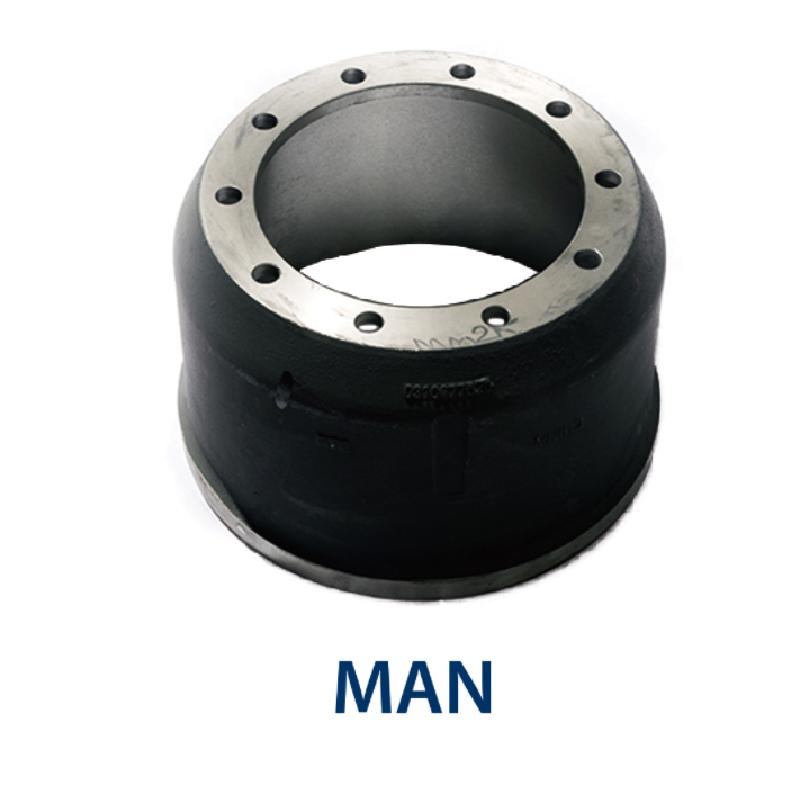نوفمبر . 02, 2024 07:22 Back to list
brake drum rust
Understanding Brake Drum Rust Causes, Effects, and Prevention
Brake drums play a crucial role in the overall functionality and safety of a vehicle's braking system. They are typically made of cast iron or aluminum and are designed to absorb and dissipate heat generated during braking. However, one common issue that can compromise their performance is rust. Understanding the causes, effects, and prevention methods associated with brake drum rust is essential for vehicle maintenance and safety.
Causes of Brake Drum Rust
Rust forms when iron or steel comes into contact with moisture and oxygen, leading to oxidation. Brake drums are often exposed to various environmental factors, including rain, snow, and road salt, which increases their susceptibility to rust. Additionally, if a vehicle is parked for extended periods, especially in humid conditions, moisture can accumulate on the brake drums, accelerating the rusting process. Furthermore, inadequate maintenance, such as failing to clean and inspect the braking system regularly, can also contribute to rust formation.
Effects of Rust on Brake Drums
The presence of rust on brake drums can result in several adverse effects. Rust can cause uneven wear on the brake shoes, leading to reduced braking efficiency and increased stopping distances. Additionally, when the brake drums become pitted or corroded, they can produce a grinding noise, indicating that the braking system is no longer functioning optimally. In severe cases, rust can lead to structural failure of the brake drum, resulting in catastrophic brake failure, which poses significant safety risks.
Prevention of Brake Drum Rust
Preventing rust on brake drums requires regular maintenance and attention. Here are some effective strategies to consider
brake drum rust

1. Regular Inspections Conduct routine inspections of the braking system, especially during seasonal changes or before long trips. Look for signs of rust and address any issues promptly.
2. Cleaning Keep the brake components clean by removing accumulated dust, dirt, and moisture. This can help prevent rust from forming.
3. Proper Storage If you store your vehicle for an extended period, consider using a dehumidifier in the garage to reduce moisture levels. Parking on a gravel or dirt surface can help alleviate moisture accumulation.
4. Protective Coatings Applying a high-quality rust inhibitor or protective coating to the brake drums can provide an additional layer of defense against moisture and oxidation.
5. Brake Maintenance Ensure that the brake system is well-maintained. Replace worn brake shoes and pads when necessary, and have the braking system serviced regularly by a qualified technician.
Conclusion
Brake drum rust is a common but preventable issue that can compromise vehicle safety and performance. By understanding the causes and effects of rust and taking proactive measures for prevention, vehicle owners can ensure their braking systems remain in optimal condition. Regular maintenance and attention can lead to improved safety on the road and help extend the lifespan of brake components.
-
Iveco Brake Drum | Premium OE Quality for Daily & Eurocargo
NewsAug.22,2025
-
Your Brake Drum Man: Quality & Performance Parts
NewsAug.21,2025
-
Explore Japan: Ultimate Travel Guide & Authentic Experiences
NewsAug.19,2025
-
Your Brake Drum Man: Premium & Reliable Brake Drums for Sale
NewsAug.18,2025
-
ROR Web Development: Build Fast, Scalable, Secure Apps
NewsAug.17,2025
-
Scania Brake Drums: OEM Quality for Optimal Safety & Durability
NewsAug.16,2025
